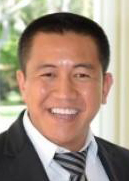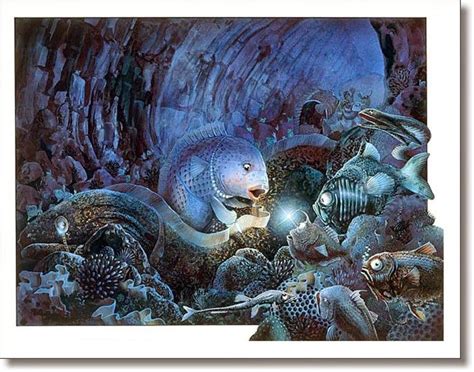A Quote by Warren MacKenzie
We [me and my wife] went back to St. Paul, worked for a year - again, I guess I would have to admit now, doing a rather shaky job of teaching people - but at the end of that year we returned to England and worked in the [Bernard] Leach Pottery for two and a half years.
Related Quotes
Bernard [Leach] had acquired many [Shoji] Hamada works. Some of them, it was interesting - first of all, Hamada worked in St. Ives for about four years before returning to Japan to start his own pottery. He had exhibitions in London, and if these exhibitions didn't sell out, the galleries were instructed to send the remaining work down to the Leach Pottery, where they would go into the showroom for sale. If Bernard saw one that hadn't sold that he really admired, then he would take it (he would buy it), and it would go into the house.
I do remember that when we left [Bernard Leach] after two and a half years, we went home on a boat again - this was before air travel became really easy - and Alix [MacKenzie] turned to me and she said, "You know, that was a great two years of training, but that's not the way we're going to run our pottery."
In searching for further training we turned to England and Bernard Leach. We thought since we had responded to his book so strongly that this would be the sort of training that we would like to have. We saved money, during the summer went to Europe, and the first stop was to go to England, visit the Leach Pottery and ask Leach if he would take us on as apprentices.
We had a wonderful trip, a seven-day trip, talking and sitting in the sun and so forth [with Bernard Leach]. And as we were approaching England, Leach said, "Do you have a place to live?" And we said, "No, we didn't." We hadn't worried about that. But Bernard had just separated from his second wife, which we had not realized, and Bernard was a person who could not stand to live alone. So he said, "Would you like to share my house with me?" Naturally we said yes.
Friends of Bernard's [Leach] came to visit, and when we went to London, we were given introductions to people like Lucie Rie, Hans Coper, Richard Batram. All these people were, let's say, made available to us by a friendship with Leach. In addition there was a potter's group - what was it called? I think it was called the Cornish Potters Society, but I'm not sure of that. Anyway, they had meetings and we would go with Leach to these meetings and meet other potters, and they would have programs where they would discuss pottery and people would interchange ideas.
When we worked at the pottery, we did learn to make pots, that is, the physical act of making the pot. We learned to control clay, to put it where you want it and not just wherever it wanted to go, and that was valuable. At the end of about six months, though, I think if that was all we had, we may have been inclined to leave because the workshop did not challenge us so much as living with [Bernard] Leach did.
I feel that this is my first year, that next year is an election year, that the third year is the mid point, and that the fourth year is the last chance I'll have to make a record since the last two years; I'll be a candidate again. Everything I do in those last two years will be posturing for the election. But right now I don't have to do that.
We were working from very exact models and dimensions and weights of clay to make these pots which had been designed some 10 or 12 years previous to our arriving [at Bernard's Leach studio]. And we, being, I guess you would say young, arrogant Americans, thought that we ought to be able to somehow express ourselves a little bit more in the daily work of the pottery.






















